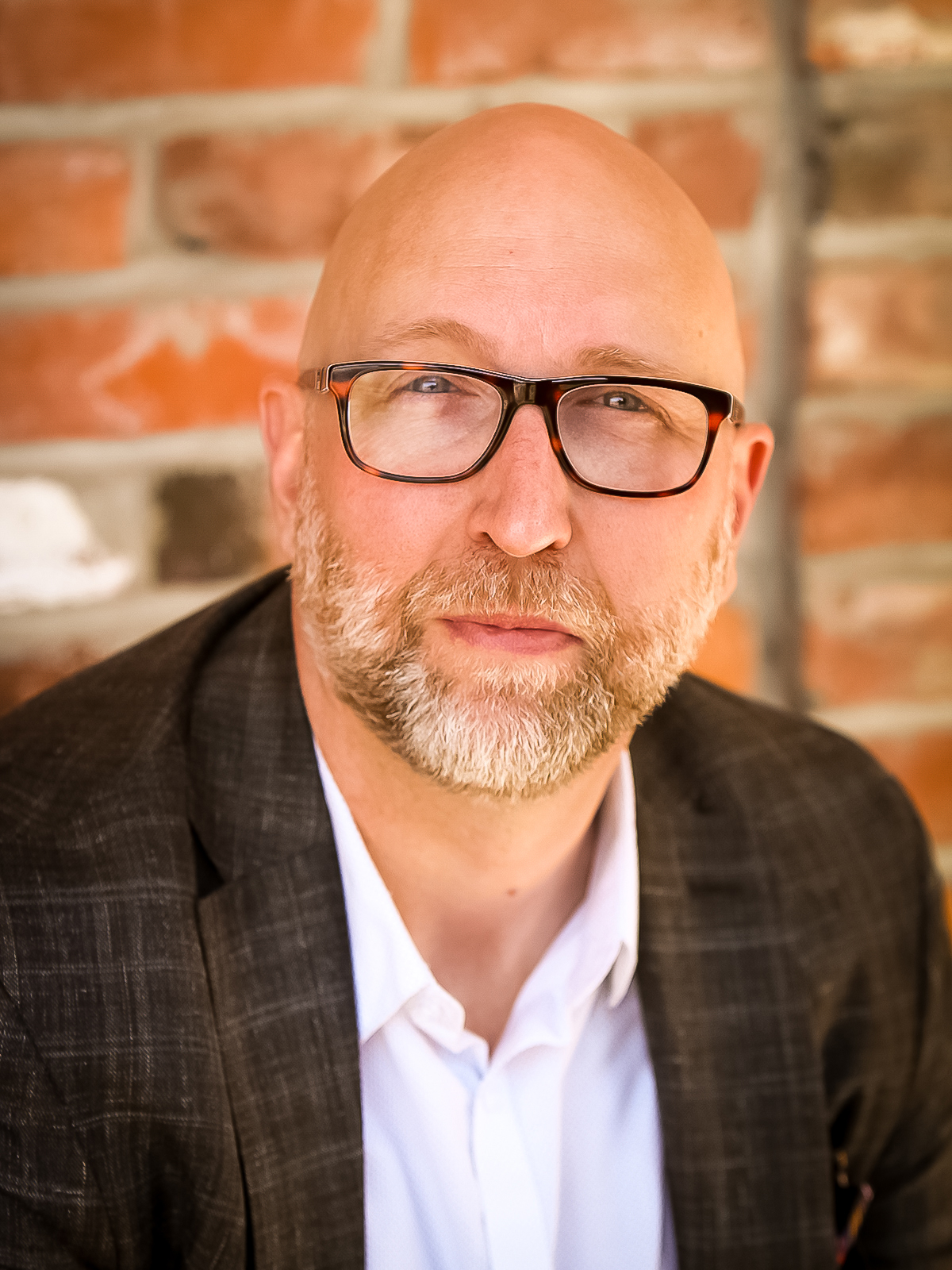Steven, wake up. Honey, wake up.
These words dragged me up like a crane, from the muck of deep dreaming. Like the last second of stuckness when something is pulled free from thick mud, my mind wrenched free with a explosive plop into the consciousness of the dark room.
4 a.m. My cell phone was ringing. I willed my useless limbs to answer it. “This is Dr. —– from Kaiser. Is this Mr. Elmore? It’s about your son. I was told to call when there was a change in his condition.” I struggled to make sense of things, the adrenaline and drowsiness fighting in my system like caffeine and alcohol.
“Yes. I’m Steven.”
“I’m sorry, Mr. Elmore. Your son… what is his name? It’s not on our charts.” A spike of frustration drove into the grogginess.
“It’s Blake. I thought his name was added into your system last week.”
“Uhh, yes. Mr. Elmore. Blake had an episode of ________. His blood oxygen levels dropped too low and… you had a do not resuscitate order in place, correct? I see it here on the chart. He didn’t recover and died this morning an hour ago.”
“Wait, what? I asked to be told if Blake was struggling so I could be there with him.”
“I’m sorry. The nurses held him while this was happening.” “umm… okay…. uhh. Ffffff. Uh.”
“Do you want to come to see him now. We put him in an incubator to keep him warm in case you and…umm… (looking over the chart) your wife want to see him.”
“Yes. I’ll come right now.”
The Cajon pass at 4:30 am in February is a dark, foggy place full of dueling beams of headlights and hazy watery-looking crimson brake lights. Still not fully awake, I made it to the hospital after half an hour of trying my best not to get in an accident on the way down.
After sixteen previous trips, I made my way to the NICU without being aware of how I got there. When I hit the buzzer to be let in, I croaked out a few words to ID myself before the door unlatched. Like something out of a scifi or submarine film, there was the familiar “airlock” room where I had to put on a gown over my clothing, then wash my hands with iodine and a brush for the requisite minutes before being allowed in. I wondered at this last time, whether I should slack on the requirements in rebellion, but I didn’t. There were other babies here.
I walked by them. Some in their superman-like coffin rocketships alone. Others with parents there. In the 22 days of Blake’s life, I had made eye contact with an ever rotating set of other parents. A quick look into their sorrow and anxiety, then an eye drop. Never a nod even, let alone a word. I’d wonder at each one… is their baby’s tenure in this room temporary or is it the only place they will ever know?
Blake was set to be taken elsewhere today, a Monday, as he was becoming more stable in his breathing. A surgery for a gastrointestinal tube feeder thing was scheduled sometime soon. We had visited a few hospital type homes for the severely disabled, picking out one that was nicer aesthetically, even though it was further away and Blake could not see or hear, and could likely not smell. He did respond to touch and maybe some level of taste given his tiny tongue moving around when fed a bottle.
But he took a turn for the worse on Sunday morning. The nurses resuscitated him a second time. I remember my confusion about this and the lack of explanation from the doctor when I asked why the DNR order wasn’t followed. Rather receiving than sympathy or kindness, I felt like I was the villain when I danced around the language that meant “why didn’t you allow my son to die?”
For what else do you do when there is no hope? His extreme version of what they lumped into the word “holoprosencephaly” – his diagnosis was unique to him – meant that only his brain stem and a little tissue of the front of his brain was formed. Ironically, and surprising to the doctors, his heart was large and powerful, his lungs were fully formed, and the rest of his body was perfect. But with no brain to speak of, there was no telling what level of consciousness he had. Still, he wiggled and grasped with his fingers and kicked with his feet, like other babies.
Nevertheless, brains don’t form later when the seed cells aren’t there to grow and the DNA blueprints are full of errors and missing bits, like pages missing and others duplicated, and others faded Xerox copies.
We learned this all later, of course, with DNA testing. And all the probabilities. The chances of the DNA errors, then of the rest of his body being functional, then of him being born in the first place, then of him living 18 days. More astronomical than winning the lottery several times or the proverbial multiple lightning strikes and surviving. Was it lightning or the lottery though? Lightning is painful, but survivors often go out into the world and do good things, grateful. The lottery is pleasurable, but then survivors often go out, do wasteful things, and come to ruin.
I walked through the gauntlet of machines and incubators and wondering, searching parents towards the very end of the long hall, a small curtained off area in the corner. I was done with this place, a warrior who had been through it all, ignoring everything in the periphery, ready for retirement and not graduation.
A nurse intercepted me halfway through, after barely heard whispers in the background about my arrival. She led me to my son, so small in the incubator. His skin was finally and gloriously free from all the tubes, tape, and sensors. And even though he couldn’t hear them, he was free from the clutter of sounds from his beeping machines as they recorded his tiny bits of life.
In ritual fashion, I asked if I could hold him for a while, skin to skin. They had encouraged this earlier as science had shown skin to skin contact increases the chance of survival. Maybe this time, it would increase mine.
It is a unique experience in our western world to hold a dying body, supporting it from below with its gravity bearing down fully. Most people aren’t strong enough to hold their fully formed, adult sized, loved ones. But a child, that’s a different thing. Warm from the incubator, he was soft and I still half expected him to grip my index finger with all his small but considerable strength. I sank into the grief for an indeterminate lost amount of time, just feeling the weight, that precious force against my chest, and his remaining heat as it slowly transferred into me in equilibrium. When I could no longer ignore his coldness, I asked them to put him in the incubator for a little longer so I could still hold his hand and know him for just a little longer that way.
Of all symbols, grief is most like water. It is obvious in the tears. It is a baptism into a new life, but these baptismal waters can also drown. It is a series of waves of different sizes and power. It is a dark, still pool. It is a slowly sinking boat, alone. And it is a drink of cold water and life.
I would experience all these over the years since. But at that moment, after holding his hand for an eternity, I suddenly stepped up on my feet with too much force, like a man walking on the moon, and felt light. My spirit was released and free somehow, even though I was anchored to this world more than ever. I walked through the room on air, exhausted yet fully awake. I rushed to tell my family the end of his story.
The featured image is courtesy of Aaron Burden. You can find his remarkable photographic work at Unsplash or on his website here.
Steven is a lover of deep conversation, literature, film, comic books, video games, and travel. He is a father of a daughter more talented than he, husband to a wife more creative, and a leader of many people who are more skilled, but he manages to get by. He writes memoir, poetry, essays, and fiction. Loving balance in all things, he makes this exception: he doesn’t believe there are such things as thinking too much, learning too much, or caring too much. He spends his non-hobby time as President at the C.S. Lewis Foundation, working with great joy planning and managing events with his merry band of volunteer superheroes.
Leave a Reply
A Field Guide to Cultivating ~ Essentials to Cultivating a Whole Life, Rooted in Christ, and Flourishing in Fellowship
Enjoy our gift to you as our Welcome to Cultivating! Discover the purpose of The Cultivating Project, and how you might find a "What, you too?" experience here with this fellowship of makers!


Such a powerful story that took lots of courage to share.
thank you for bringing us into your life.
You are an excellent writer.
Steven, thank you for sharing this with us.
Thank you, Willie. I appreciate your comments!
Matthew, I’m happy to share. Hopefully this experience in my life, now eleven years ago, helps someone else who might be going through a similar situation.
My dearest son. This is beautiful and loving.